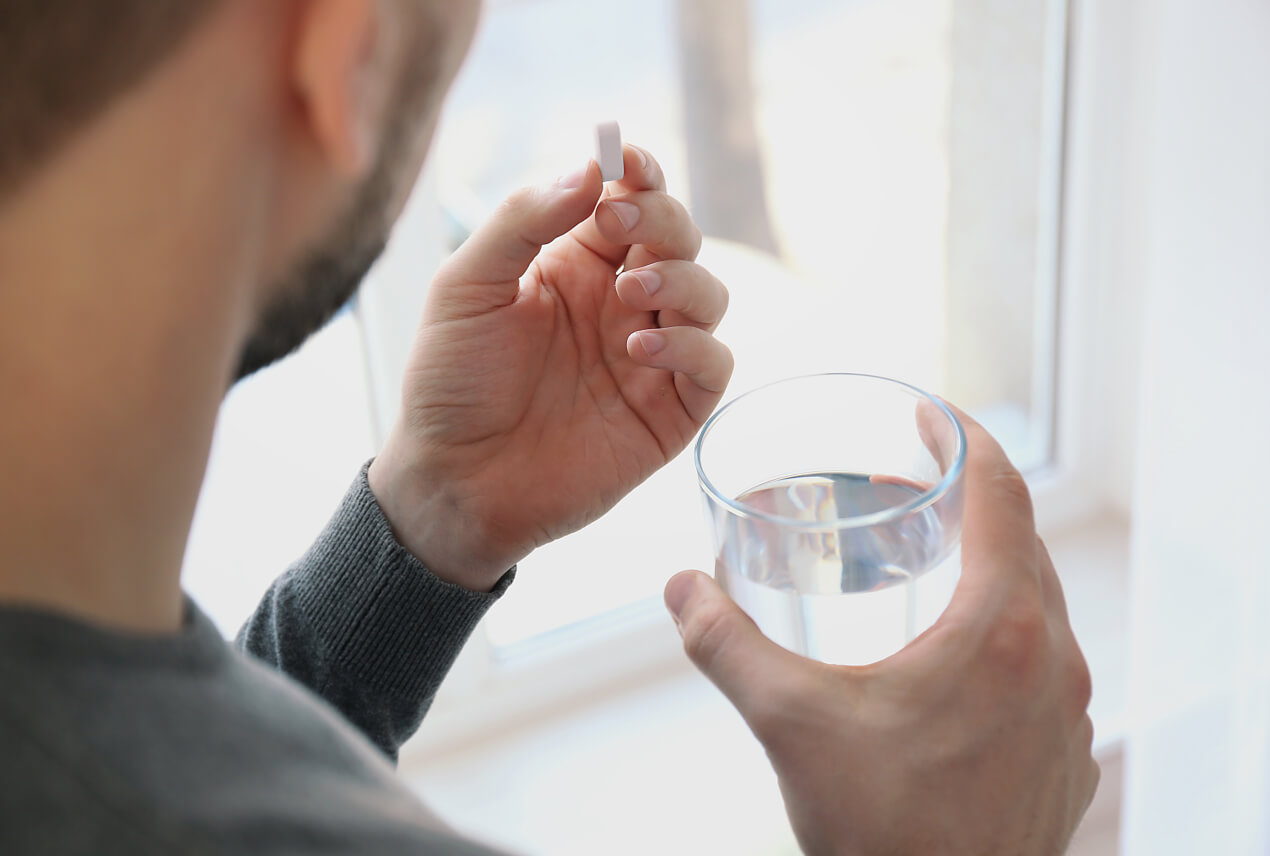Diuretics, known as water pills, are pills that help rid the body of excess salt and water through urine.
Diuretics are often prescribed to reduce high blood pressure, and many patients stay on such medication for life. High blood pressure, or hypertension, is caused by narrowing arteries due to prolonged periods of stress or plaque buildup from poor diet and lack of activity.
High blood pressure risks include stroke and kidney failure, and high blood pressure can also be a sign of preeclampsia in pregnant people.













